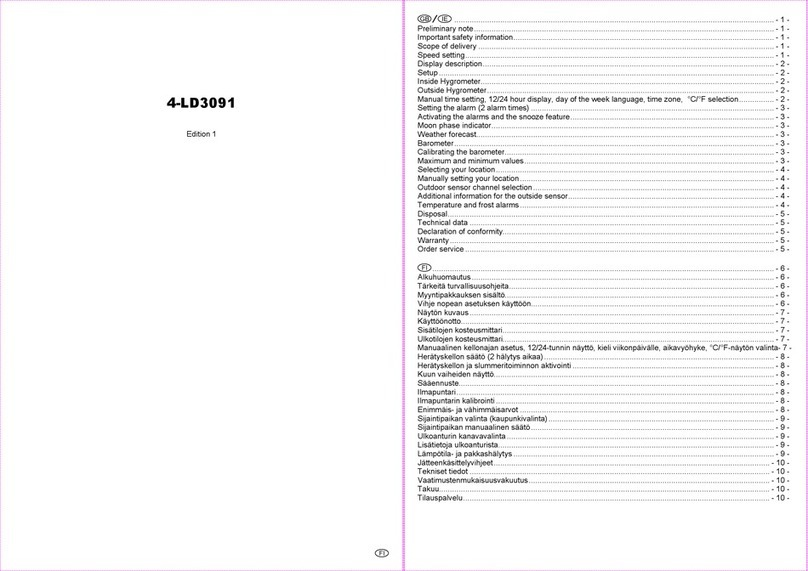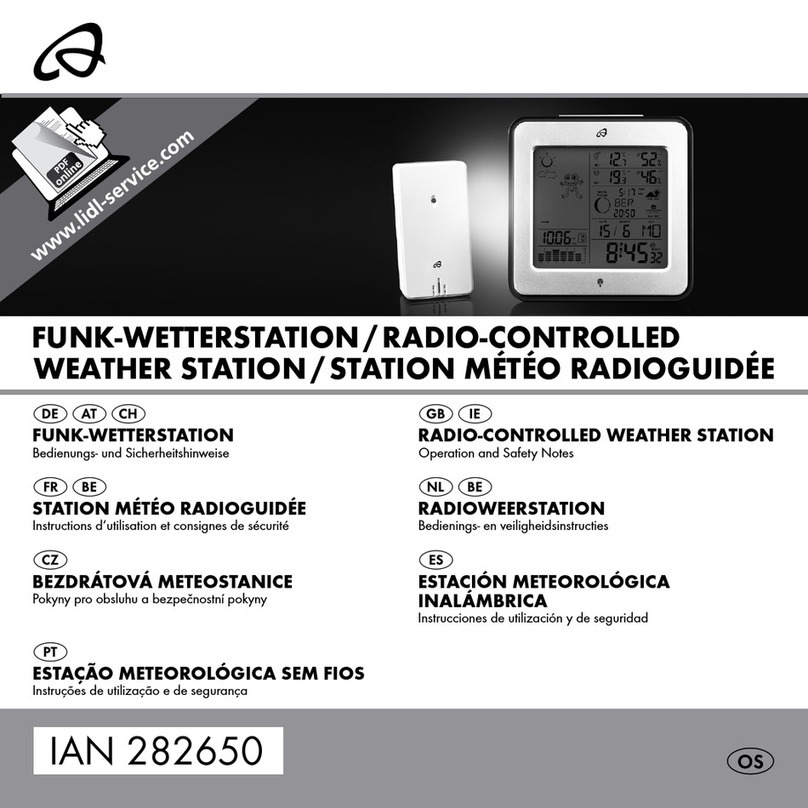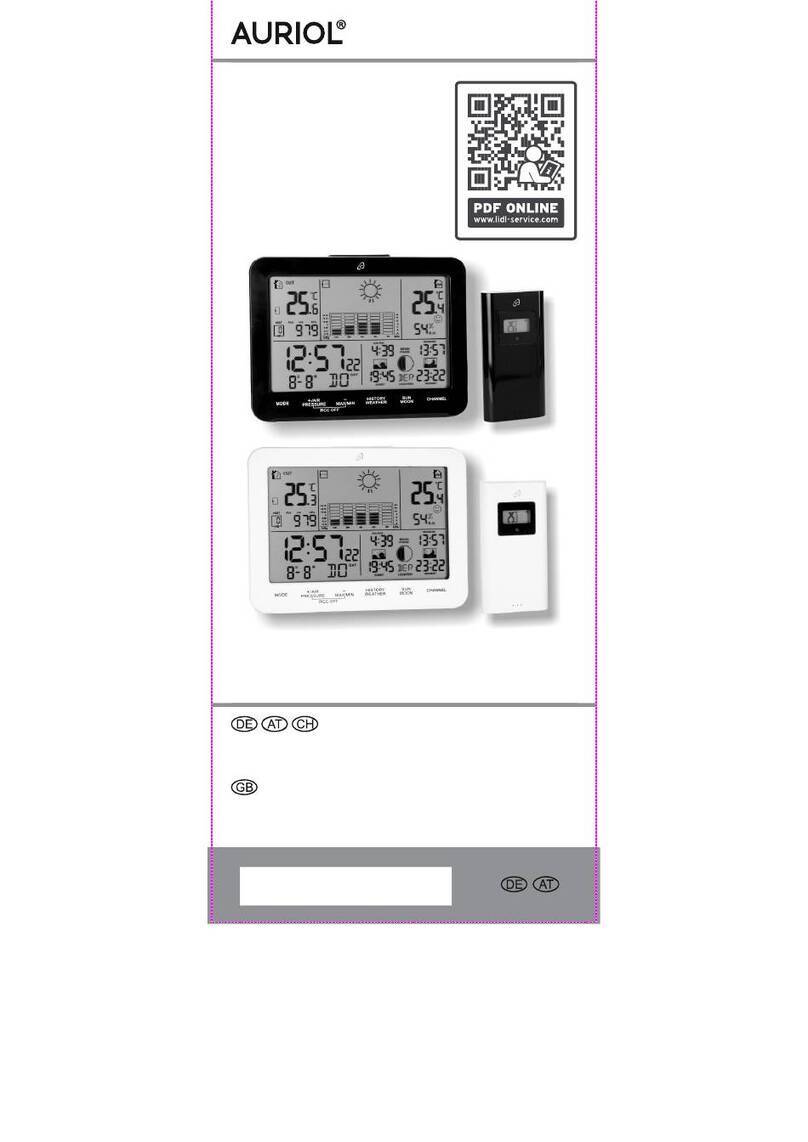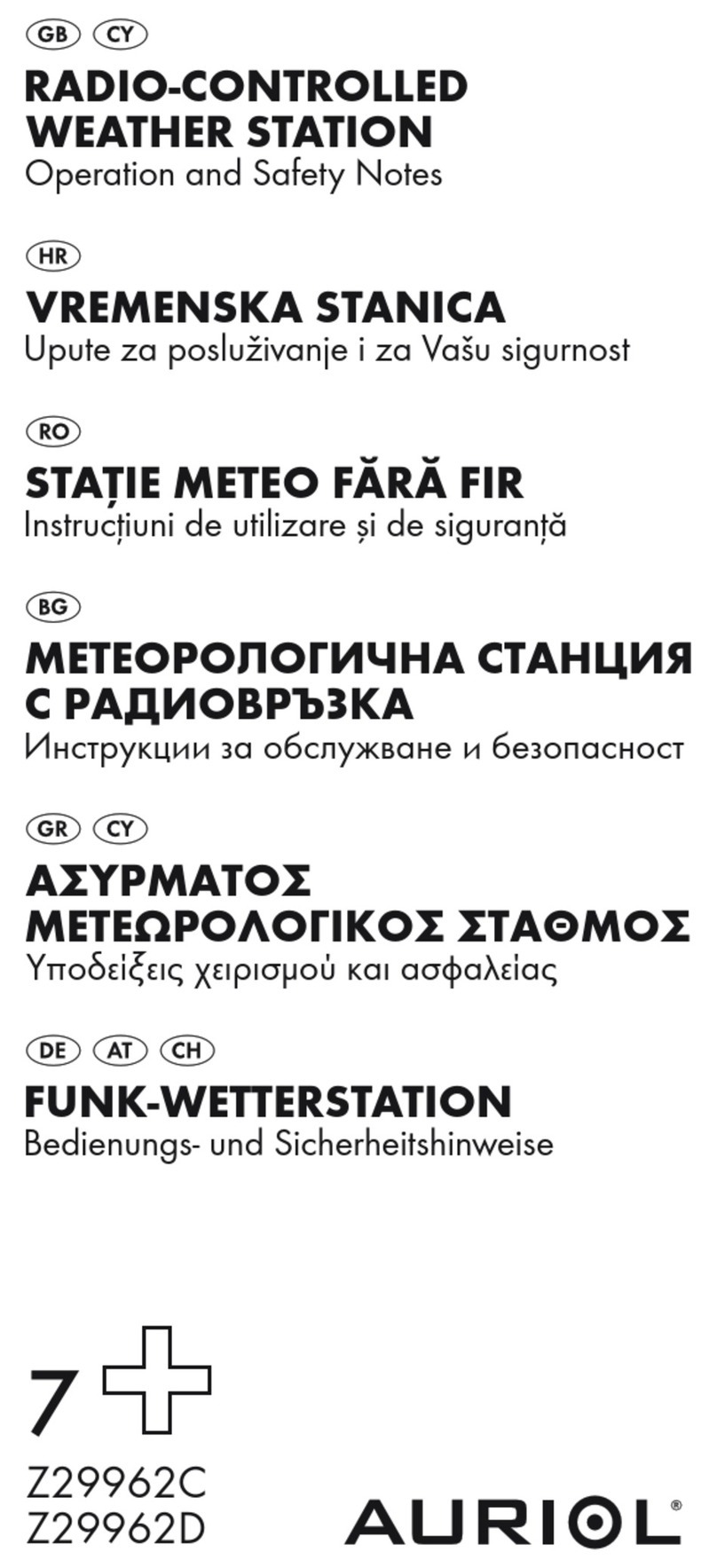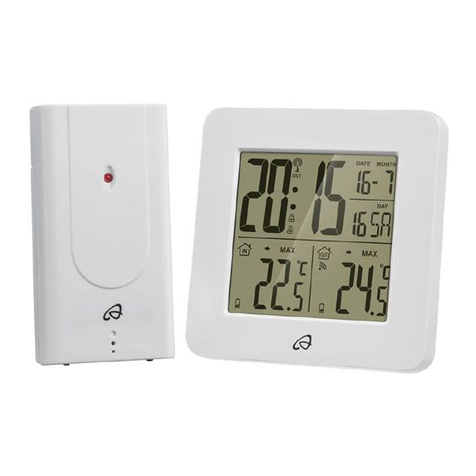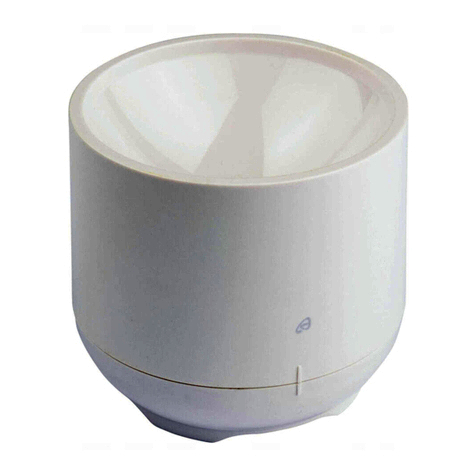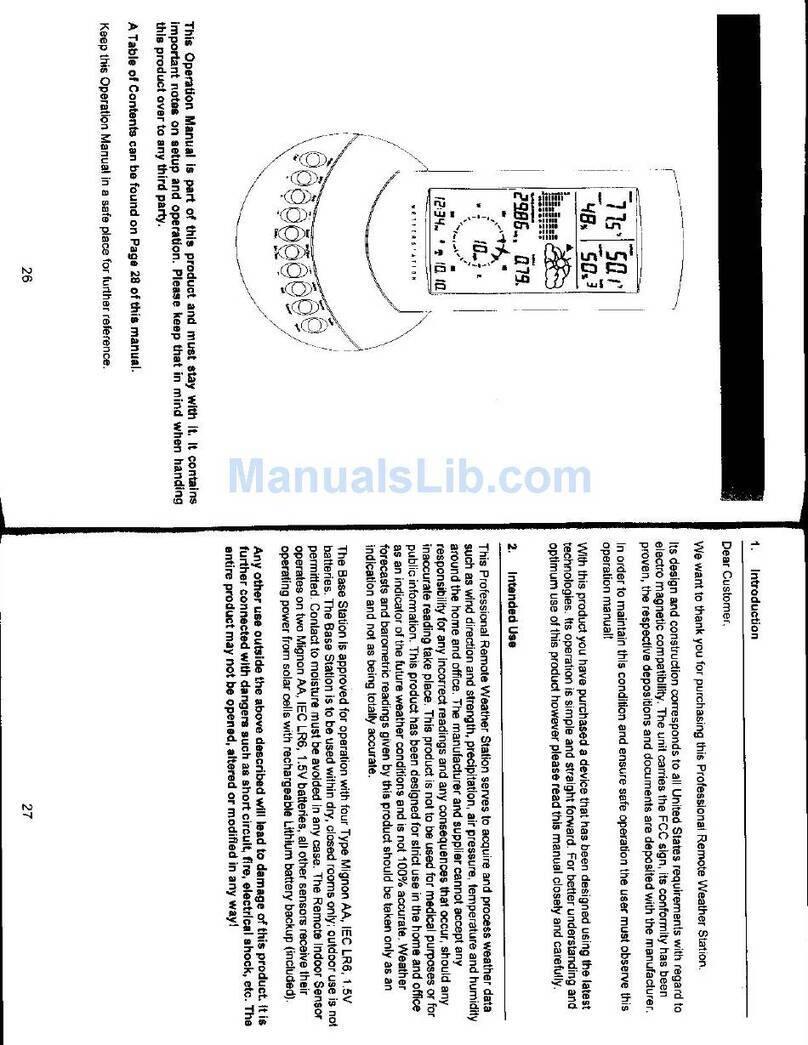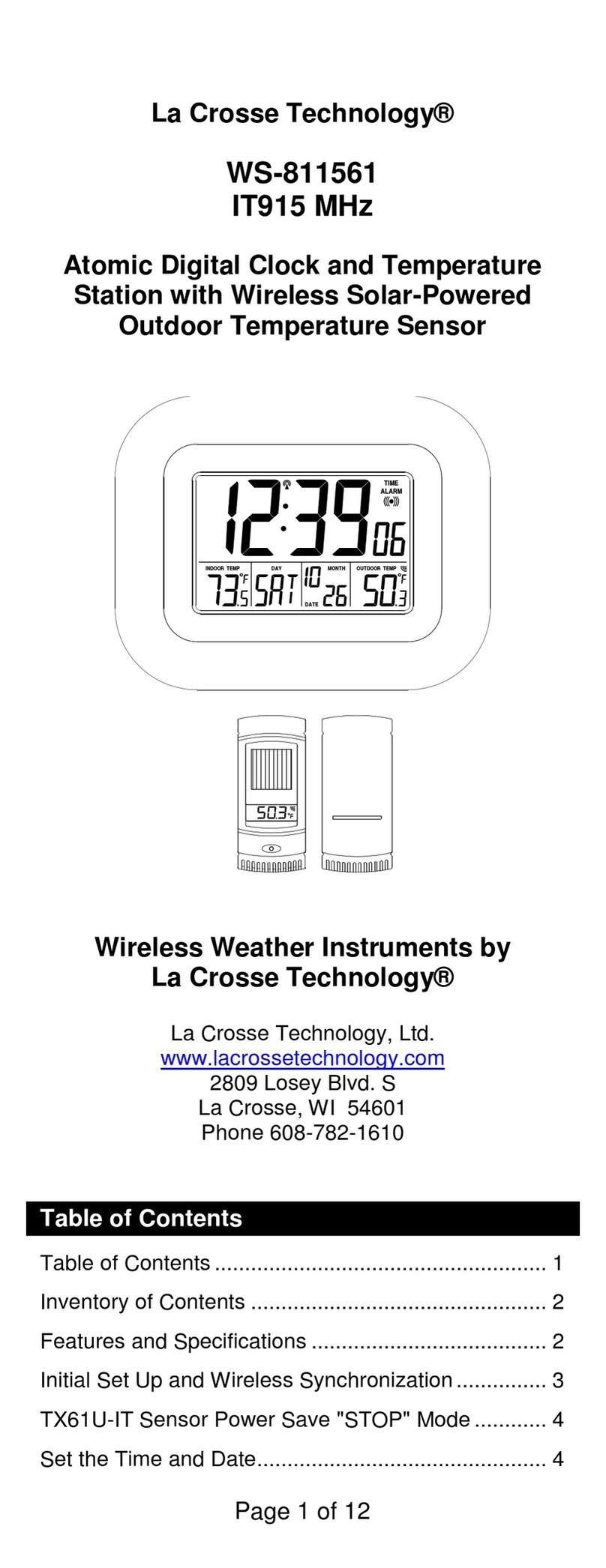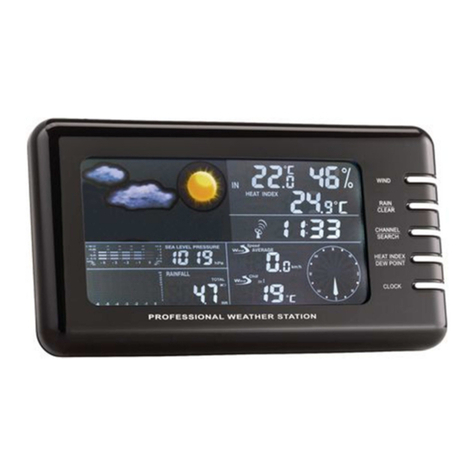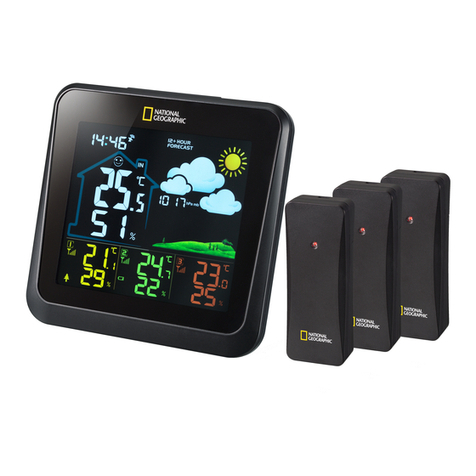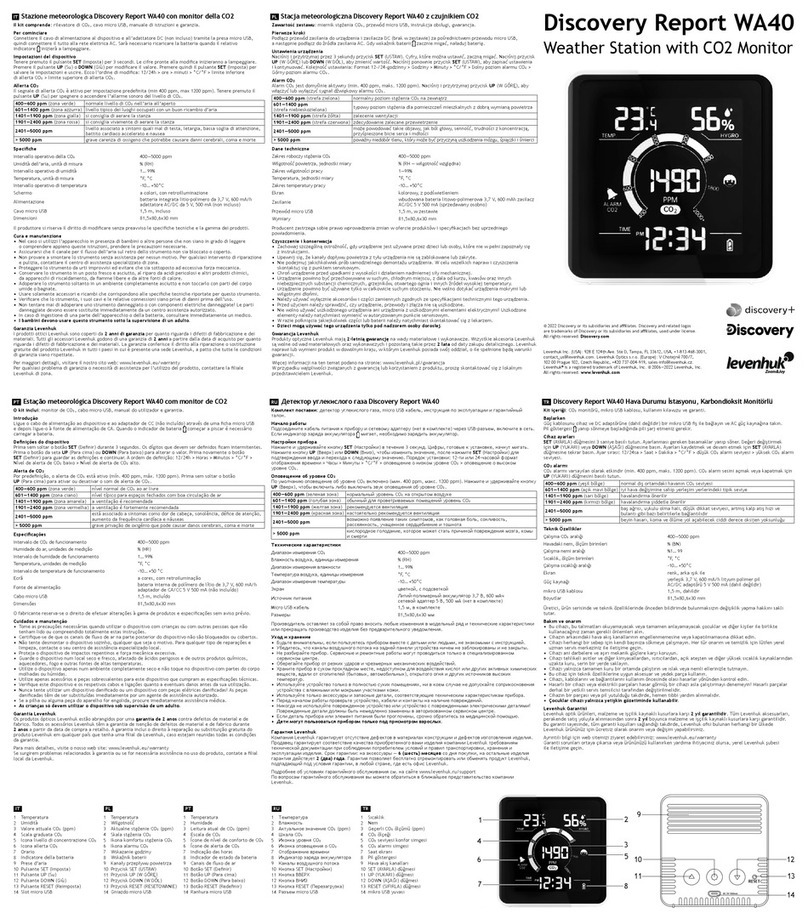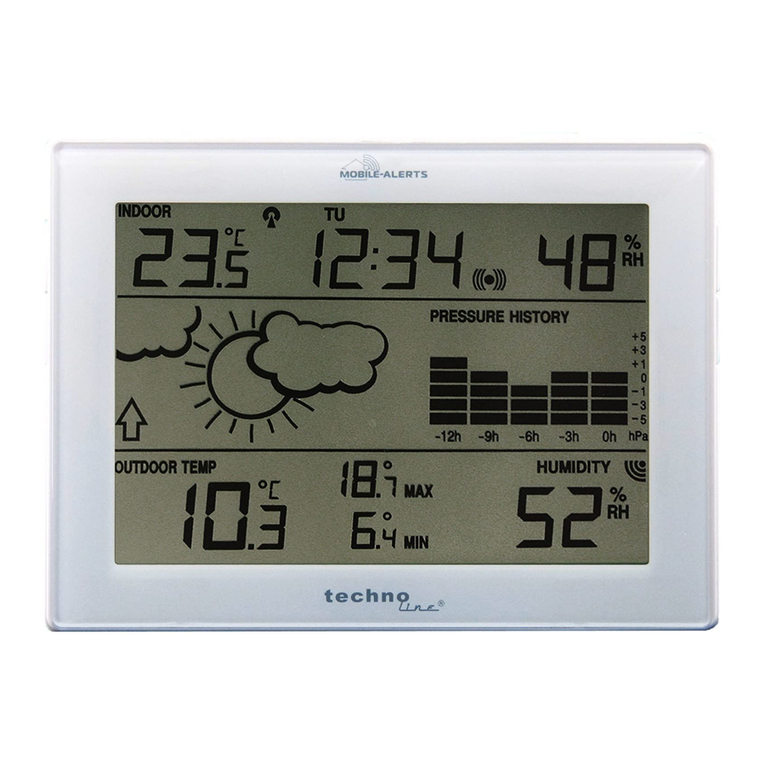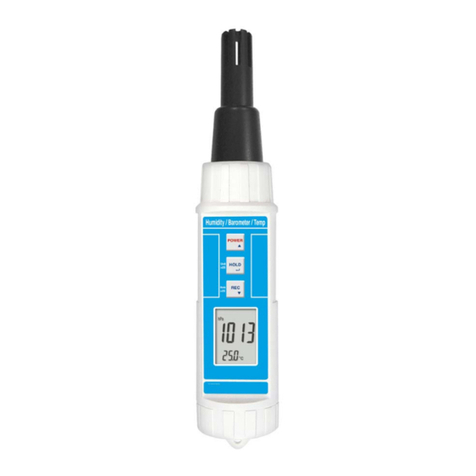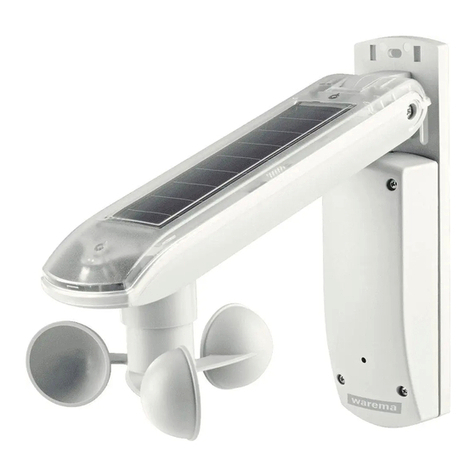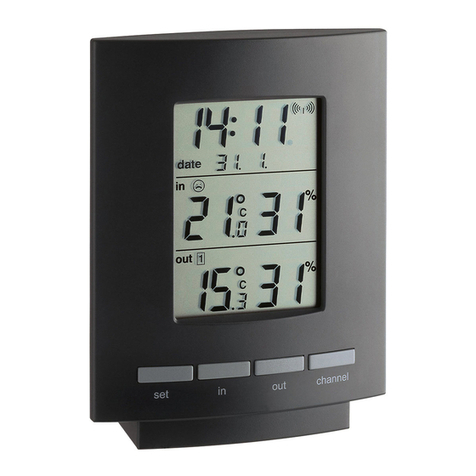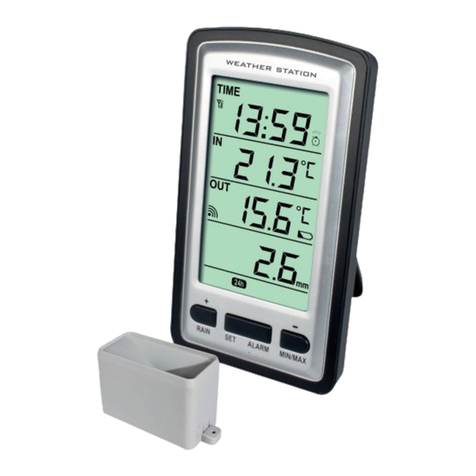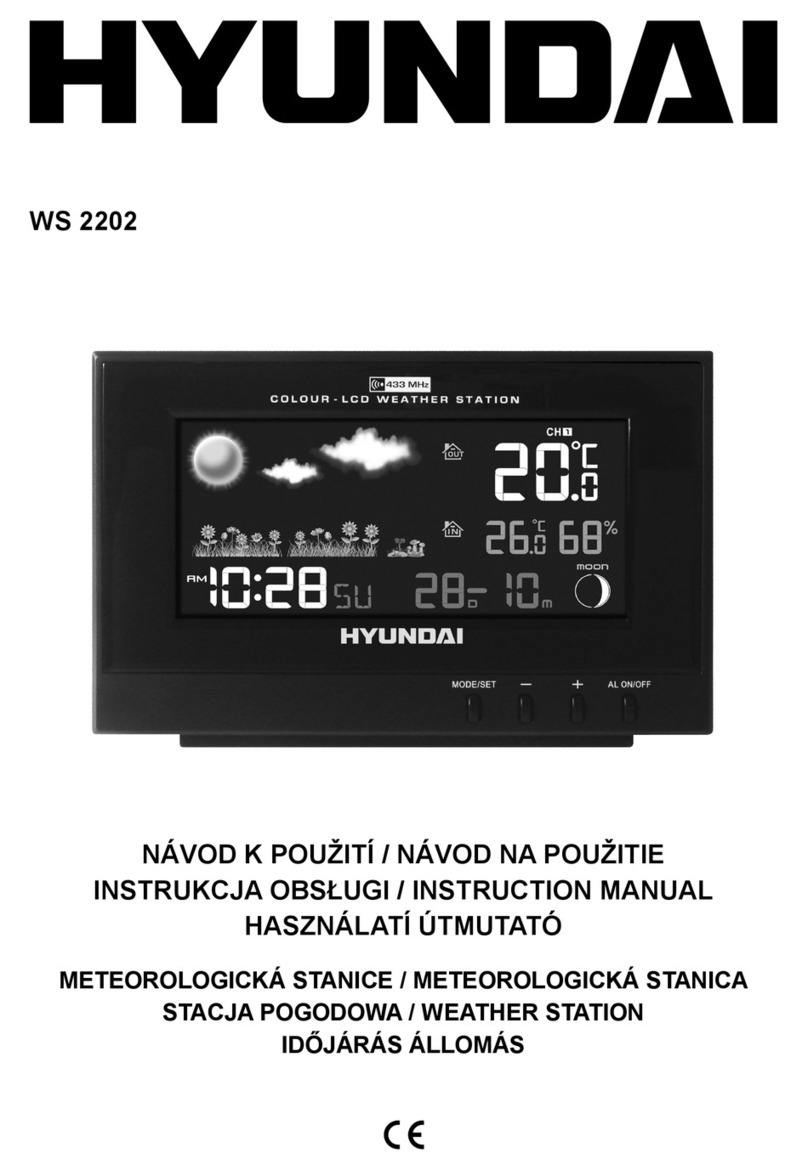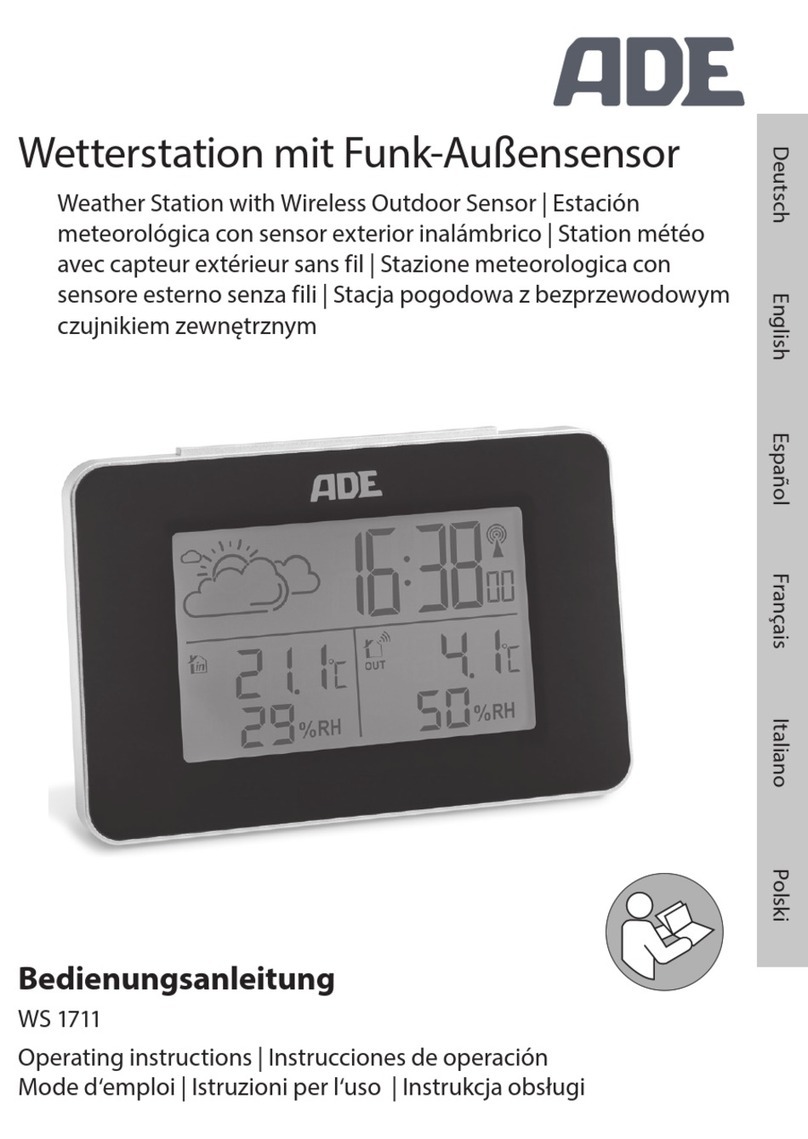
Explanation of the pictograms used.................................................Page 6
Introduction.................................................................................................Page 7
Intended use...............................................................................................Page 7
Scope of delivery.......................................................................................Page 7
Parts description.........................................................................................Page 8
Technical data............................................................................................Page 9
Safety.............................................................................................................Page 10
Safety notes............................................................................................... Page 10
Start-up......................................................................................................... Page 12
Commissioning the rain gauge.................................................................Page 12
Setup.......................................................................................................... Page 12
Wall mounting............................................................................................Page 13
Commissioning the radio-controlled weather station...............................Page 13
Operation.....................................................................................................Page 14
Basic settings..............................................................................................Page 14
Activating the background illumination of the radio-controlled weather
station.........................................................................................................Page 14
Rain indicator and precipitation levels..................................................... Page 14
MAX/MIN values..................................................................................... Page 15
Low battery warning..................................................................................Page 15
Trends......................................................................................................... Page 15
Configuring the alarm function................................................................. Page 16
Setting the rain alert.................................................................................. Page 16
Activating/deactivating the wake-up alarm and rain alert function.......Page 17
Snoozing/switching off the alarm function.............................................. Page 17
Reset (RESET)............................................................................................. Page 17
Maintenance and cleaning....................................................................Page 17
Disposal.........................................................................................................Page 18
Warranty and service.............................................................................Page 20
Warranty....................................................................................................Page 20
Service address......................................................................................... Page 21
Simplified EU declaration of conformity...................................................Page 21
Table of content
V4.0 GB/CY 5





